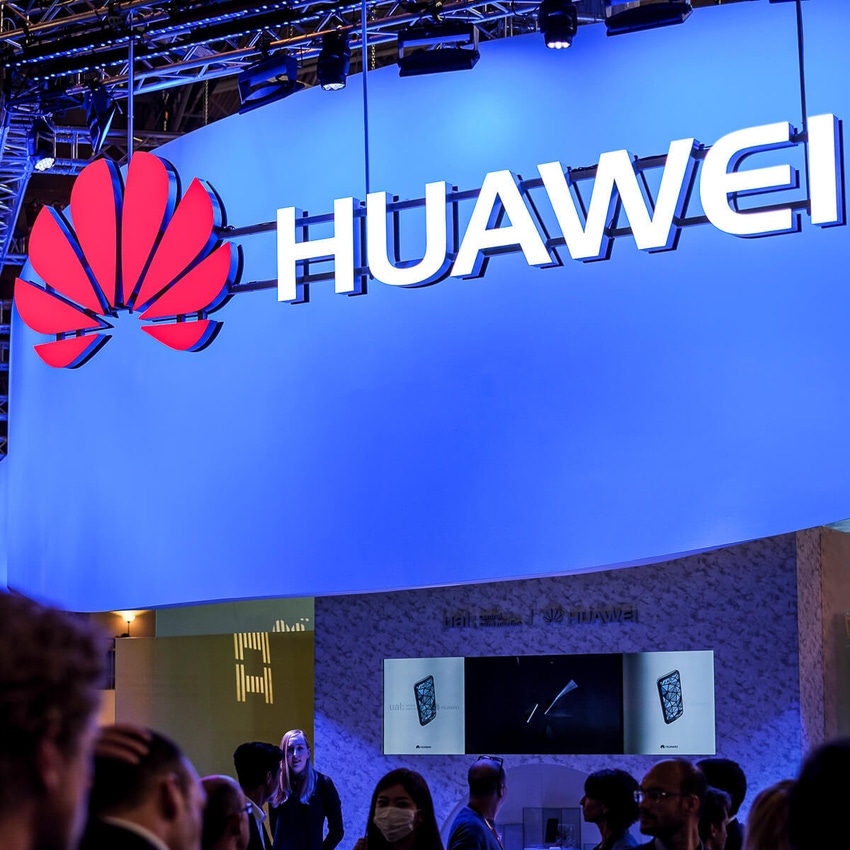Huawei sales plunge 38% in third quarter
Huawei continues to wilt under the pressure of US sanctions, with total revenue sliding 38% in the third quarter.

Huawei continues to wilt under the pressure of US sanctions, with total revenue sliding 38% in the third quarter.
Total sales for the quarter reached 135.4 billion yuan (US$21.2 billion), the company's latest numbers show.
By comparison, Q3 revenue in 2020 grew 3.8% to 217.3 billion yuan ($33.9 billion). Total revenue for the nine months to September shrank 32% to 455.8 billion yuan ($71.3 billion).
Figure 1:  Come on down: US sanctions are still biting with Huawei, as device sales continue to plummet.
Come on down: US sanctions are still biting with Huawei, as device sales continue to plummet.
(Source: Karlis Dambrans on Flickr, CC 2.0)
The privately held company did not disclose business segment details, but filings earlier this year revealed that the main reason for the sharp decline is the near-total loss of its device business.
It sold off its low- to medium-range Honor handset unit at the end of 2020 and, while it is still making high-end phones, these have shipped slowly because of the lack of access to advanced chips.
Counting the cost
In its interim result three months ago, Huawei reported that sales of consumer products had fallen 47%.
Huawei's current chairman, Guo Ping, said the latest numbers were in line with forecasts.
"While our B2C business has been significantly impacted, our B2B businesses remain stable," he said in a statement.
In a recent internal speech, Guo said the company would not walk away from the handset business.
"We hope that with the industry's increasingly developed chipset manufacturing capabilities, Huawei will be able to reclaim its place as a leader in smartphones," he said.
While Huawei is showing the effects of the US prohibitions, it still dwarfs its rivals. For example, Nokia clocked €5.4 billion (40.2 billion yuan) in sales in the third quarter – not even a third of Huawei's numbers.
Interested in Asia? Check out our dedicated content channel here on Light Reading.
Revenue might be off, but it raised its net profit margin for the quarter to 10.2%, up from 9.8% in the first half and 8.0% a year ago.
Eric Xu, another Huawei co-chairman, has said it would take a long time "to compensate for the loss of the $30-$40 billion" handset business.
But Huawei has a number of emerging growth streams, in particular cloud and enterprise, which grew by 18% in the first half.
It is investing $1 billion in smart car components this year as it pushes deeper into verticals such as ports and mining, while its Harmony OS is running on 150 million devices.
The company has not lost any of its ambition. As CEO and founder Ren Zhengfei said in August: "We will not only lead the world in 5G. More importantly, we will aim to lead the world in wider domains."
Related posts:
— Robert Clark, contributing editor, special to Light Reading
Read more about:
AsiaAbout the Author(s)
You May Also Like












